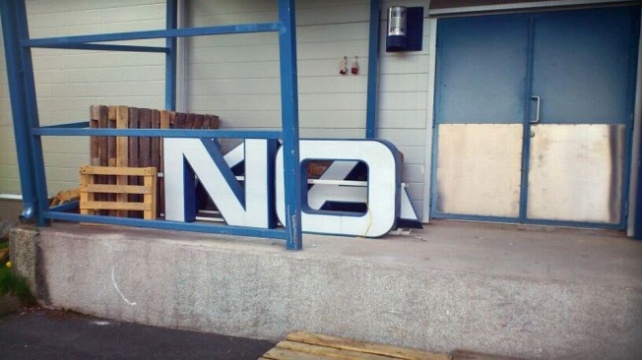Many people think about the Internet as a tool of empowerment, giving Mr. Everyman possibilities for expression, business success, participation, and so on.
In some aspects I do agree with this romantic vision. Yes, anyone can start a business there, anyone can have a say. The power of sharing has made history in cases like Wikileaks, and the power of communities can do things which are otherwise utterly impossible, like Wikipedia. But the Internet is a two-faced beast. When something really takes off in the Internet, the businesses centralise and concentrate faster than any business in the history of capitalism.
Look at the numbers: Facebook has a 57% market amongst social media platforms. Google’s share of the search market is 67% (and online-marketing 33%). Global Internet retail grows about 15% annually, and Amazon owns a quarter of it. 200 billion dollars worth of stuff is traded every year on eBay, and collectibles business has moved there, abandoning physical stores. Radical openness as a business model has created the fastest monopolization. Google launched Android late 2007. In four years it became the dominant mobile operating system. The Android landslide combined with the disruptive Apple ecosystem pushed the former leader Nokia out of the market.
Many of these companies have built their empires in just a couple of years. Of course the nature of the IT business means that a dominant position is never permanent, and the companies need to constantly reinvent themselves to stay at the top. But it’s easier to reinvent yourself if you have tons of cash.
None of the companies dominating the Internet are from Europe. After losing all the momentum in mobile phones, the European digital businesses are mostly dominant only on the national level. One showstopper is a poor understanding of the nature of Internet innovation. I’ve hardly ever seen anything less Internet-like than the Future Internet program of the European Union, driven by big corporations trying to push proprietary software down the throats of SME’s.
The other key challenge is the lack of a single European market place. Europe is especially incompatible in some key areas of future growth, such as service businesses – healthcare, wellbeing, services for the elderly population. Currently it’s impossible to scale services up in those areas in Europe, because the national systems, legislations and processes are incompatible.
If I could give one task to the European Union, it would be to build a real European digital single market. Drop everything else.
Picture: Brad Reed, http://bgr.com/2012/10/01/nokia-analysis-recovery-unlikely/

